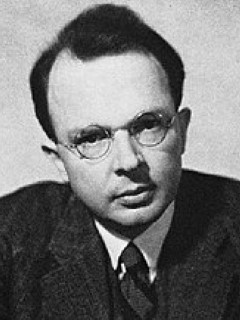
Publication details
Publisher: Springer
Place: Berlin
Year: 2011
Pages: 499-510
Series: The Philosophy of Science in a European Perspective
ISBN (Hardback): 9789400711792
Full citation:
, "Probability and pragmatism", in: Explanation, prediction, and confirmation, Berlin, Springer, 2011


Probability and pragmatism
pp. 499-510
in: Dennis Dieks, Stephan Hartmann, Thomas Uebel, Marcel Weber, Wenceslao J. Gonzalez (eds), Explanation, prediction, and confirmation, Berlin, Springer, 2011Abstract
Pragmatism is both a philosophical movement and a way of addressing philosophical problems. With the exception of Charles Sanders Peirce and Clarence Irving Lewis, pragmatist philosophers paid little attention to the foundations of probability, whereas pragmatism exercised a great influence on a number of authors. In the first place, this holds for the founders of the subjective interpretation of probability, namely Frank Ramsey, who is considered a pragmatist although he had no direct connections with the pragmatist movement, and Bruno de Finetti, who acknowledged the influence of Giovanni Vailati on his own work. In addition the writings of upholders of different interpretations of probability, including Hans Reichenbach, Ernest Nagel and Rudolf Carnap, disclose similarities with the pragmatist outlook.
Cited authors
Publication details
Publisher: Springer
Place: Berlin
Year: 2011
Pages: 499-510
Series: The Philosophy of Science in a European Perspective
ISBN (Hardback): 9789400711792
Full citation:
, "Probability and pragmatism", in: Explanation, prediction, and confirmation, Berlin, Springer, 2011



